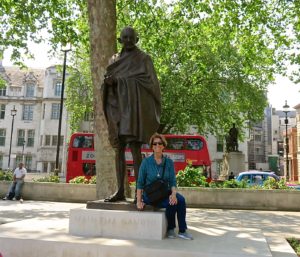About Kasey

RESEARCH
Getting to know our true nature
“He who knows others is learned; He who knows himself is wise.” ~Lao-tzu, Tao te Ching
Who Am I? What Do I Want?
Spiritual – Here we delve into the greatest mystery. Just as it is essential to research investment strategies, different types of mortgages, and what kinds of cars to buy, it is also essential to research the nature of reality and how it works. What laws seem to govern life? Are there any rules at all?
More importantly, we can begin the research of who we really are—each one of us. Sages and scientist’s explorations and discoveries of the universe are fascinating. Our inter-connectedness, the study of our infinite, unlimited, multi-dimensional selves by quantum physicists, complements our religious teachings. Reminding ourselves of the great matrix, of which everyone is a part, is very uplifting, inspiring us to feel bigger than we might have before.
Materially – Ask yourself what you have created and why? Just where do you want to be? What do you want from the physical world? Do you have opposing beliefs that may be stopping you? Going out into the world with tasks to unmask some of these hidden beliefs is your assignment here. How about guilt and the need to forgive yourself and others? Could this be holding your prosperity back? Asking yourself these questions can open a doorway to a new way of looking at your life and what you have.
What do you truly, deep in your heart, want? In looking at your family and other people in your life and society; what messages did you receive from them? What were your first messages about money? How does the world look: safe, scary, or chaotic? What are the default beliefs that form a basis for your experience? In looking at your goals, seek to discover what that goal represents, what is the essence? (Which is the real desire!)
Financially – What are your financial goals? How much income and net worth do you think you need ? See how you can stretch your idea of numbers so that large amounts become smaller and more attainable in your mind. How much is enough? What is the real purpose here? There are three types of people in relationship to money: the saver, the spender and the controller. Each has attributes that are beneficial, and each type can be successful. The problems arise when we become out of balance. Without balance and wellbeing, a saver may become a hoarder, a spender will go broke and a controller will either keep second guessing and comparing their methods or won’t take any risk at all.
Revisit the goals worksheet on Kasey Claytor’s site here.